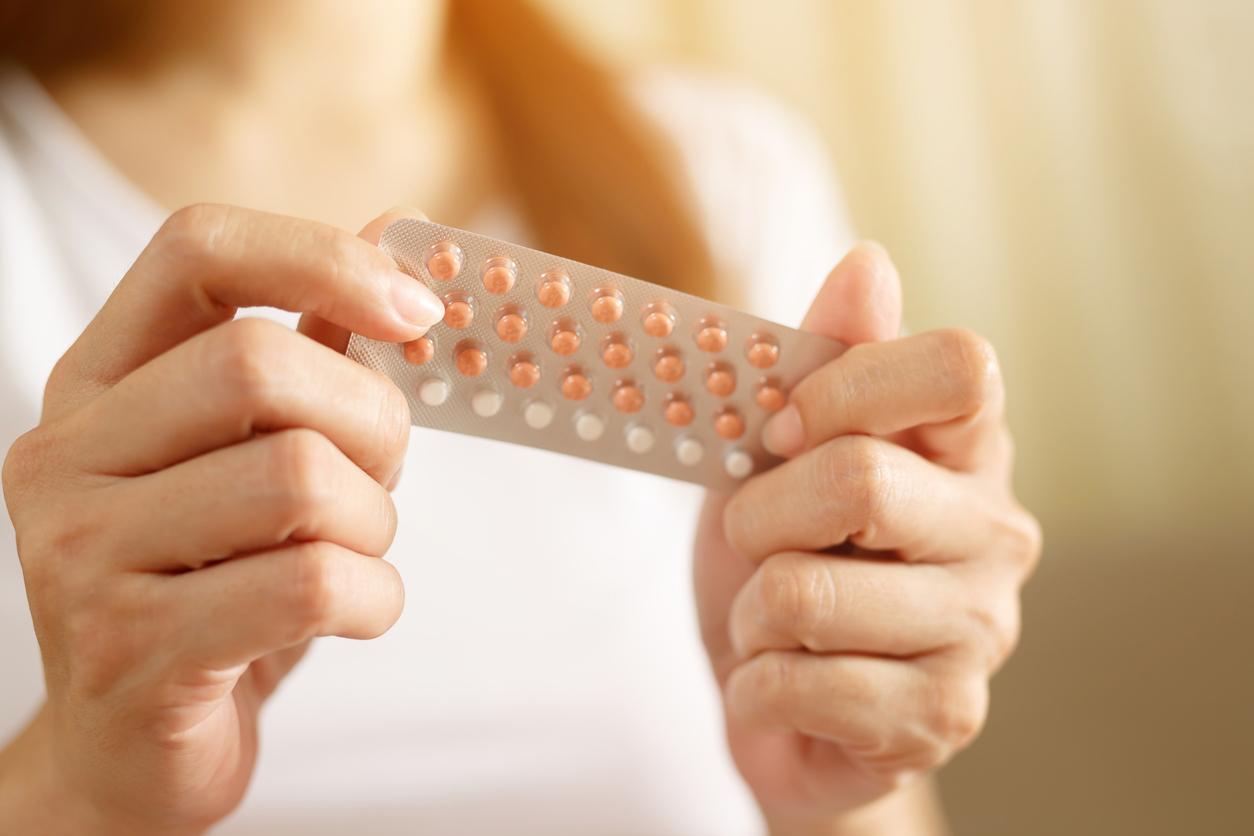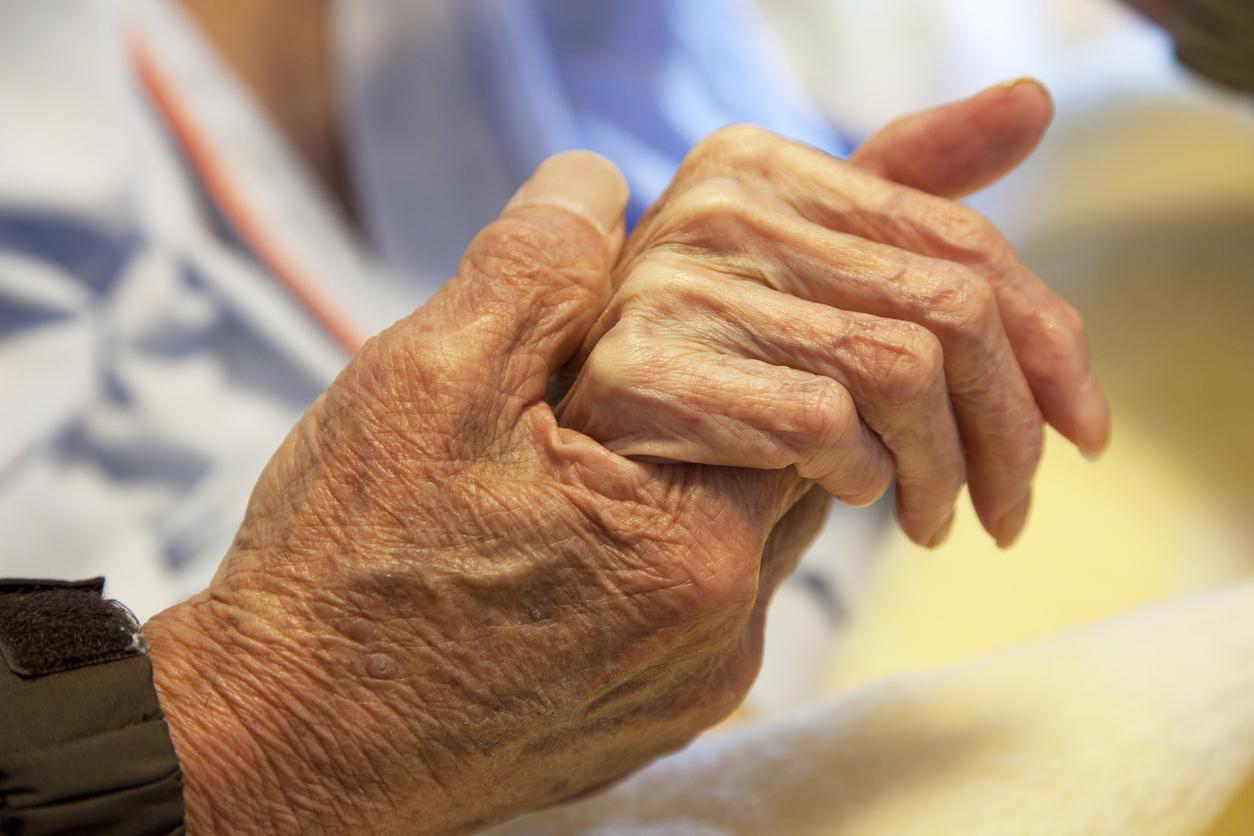
Exclusive Plus Survey
In 30 percent of the over-50s who have their medication use checked, it appears that something is not right with the pills they are taking. They get the wrong dose, use too many types of drugs or get too few drugs. This is the result of a survey by Plus Magazine among 1,380 people over the age of 50.
In addition, some patients take drugs that unhealthy combination forms that make them sick. 15 percent of all respondents have experienced health problems as a result of such a wrong mix. Mostly it was about side effects. But the consequences can also be more serious.
Of the people who developed health problems due to incompatible pills, one in eight (13 percent) had to visit their GP as a result. And 11 percent even ended up in hospital. The wrong drug combination does not always lead to acute health problems. The health damage can also develop so slowly that you get used to it and don’t notice it.
Wrong combinations
It has been known for some time that dangerous combinations of drugs are a common problem. Every year 16,000 Dutch people end up in hospital as a result. This happens on average 44 times a day.
“Many medicines influence each other,” says Clasineke van Steensel van der Aa, pharmacist of the Utrecht pharmacy Boswijk. “One drug can cancel the effect of another drug. Or they can enhance each other’s effect in such a way that annoying effects performance. Pharmacists keep an eye on this, but we don’t always know what else patients are taking. Patients should therefore also pay close attention themselves. There is often a safe alternative available, or we can adjust the dosage in such a way that no nasty side effects occur.”
It goes especially wrong with hospital admissions, according to Van Steensel van der Aa: “Specialists sometimes do not know what a person was already taking before he was admitted. And many hospitals give patients medicines after discharge without informing the pharmacy. If a patient comes to their own pharmacy with a repeat prescription, the pharmacist can see whether there are any dangerous combinations.”
Annual ‘medication check’
Last year, the Dutch College of General Practitioners (Nederlands Huisartsen Genootschap) drew up a guideline to improve the control of medication use. It states that people over 65 must have a ‘medication check’ every year if they take at least five different medicines every day and also have a reduced kidney function, have recently fallen or regularly forget to take their medicines. During the medication check, the patient, GP and pharmacist exchange with each other what exactly someone is taking and what diagnoses have been made. For example, kidney function is also examined to determine whether the dosage of medicines needs to be adjusted.
That is how it is stated in the directive, but that is more often than not the case. Pharmacists and GPs have insufficient capacity to perform the check on everyone who qualifies for it. Of all patients who have to have a medication check, only 12 percent are actually checked.
Tip: are you eligible for the medication check but you were not invited? You can ask your GP or pharmacist for this. Not all insurers will reimburse it; you have to pay it yourself out of the deductible (€60 to €70).
Stay alert yourself
Research by Plus Magazine now shows that the wrong use of medicines does not only affect older ‘major users’. People over 50 also face this problem. Extra vigilance is therefore not only necessary for patients aged 65 years and older; it can go wrong with anyone taking medication.
This is also emphasized by Els Dik, pharmacist and senior advisor of the Institute for Responsible Medicine. “The chances may be slightly smaller, but the consequences can also be serious for people over 50.” Despite the fact that doctors and pharmacists always check medication use, errors can still creep in, says Dik. “It is wise for your doctor and pharmacist to regularly examine all your medication. Be alert yourself and knock on their door if you have questions or complaints about the medicines you use. After all, it is about your health.”
Prevent medication errors yourself
- Do you have it at the drugstore painkillers, bought medicines without a prescription, vitamins or herbal preparations? Tell your doctor and pharmacist about this. Ask whether the pharmacist adds them to the medication overview.
- Every time you receive a new medicine from the pharmacy, ask for a printout of the current medication overview.
- Take this list with you when you go to the hospital. This way, specialists also know what you are using.
- Once a year, discuss with your GP and pharmacist whether the medicines you are using are still necessary and whether the dose is still correct.
- Have you been taking the same medicines for years? Be sure to discuss the above with your doctor. Sometimes the dose needs to be adjusted over time because drugs act on an older body in a different way. And you may not need the meds anymore. Some people mistakenly use the same repeat prescription for years.
- Are you bothered by the medicines you are taking? Ask your doctor or pharmacist for an interview. Since 2012, pharmacists are allowed to charge a fee (€10 to €20) for a consultation about medicines.
Sources):
- Plus Magazine

















